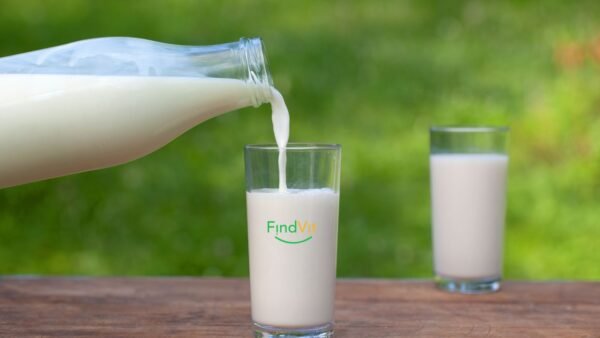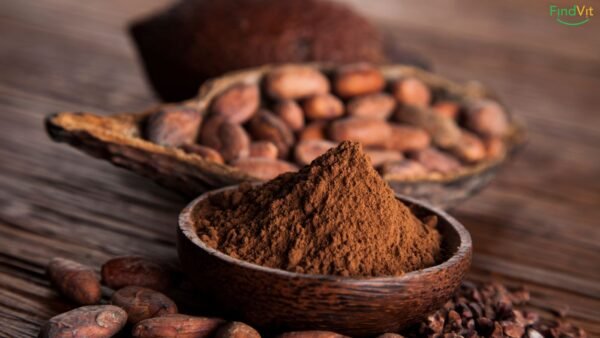What are carbohydrates?
Carbohydrates are sugar molecules. Along with protein and fat, carbohydrates are one of the three main nutrients found in foods and beverages.
The body breaks down carbohydrates into glucose. Glucose, or blood sugar, is the main source of energy for the body's cells, tissues and organs. Glucose can be used immediately or stored in the liver and muscles for later use.
What are the sugar rates can be found - Blood sugar table: blood sugar (norms)
What are the different types of carbohydrates?
There are three main types of carbohydrates:
- Sugars. They are also called simple carbohydrates because they are simple in shape. They can be added to foods such as candy, desserts, processed foods, and soft drinks. They also include types of sugar that are naturally found in fruits, vegetables and milk.
- Starch. It is a complex carbohydrate made of many simple sugars bound together. The body must break down starch into sugar to use for energy. Starches include bread, cereals and pasta. Also includes certain vegetables such as potatoes, peas and corn.
- Fibers. They are also a complex carbohydrate. Most fiber cannot be broken down by the body, so eating foods with fiber can help you feel full and reduce the likelihood of overeating. Diets high in fiber have other health benefits. Fiber can help prevent stomach or intestinal problems such as constipation. They can also help lower cholesterol and blood sugar levels. Fiber is found in many plant-based foods, including fruits, vegetables, nuts, seeds, beans, and whole grains.
More useful information about fiber:
Which foods contain carbohydrates?
Common foods that contain carbohydrates include:
- Grains, such as bread, pasta, noodles, crackers and rice
- Fruits, such as apples, bananas, berries, mangoes, melons and oranges
- Dairy products, such as milk and yogurt
- Legumes, including dried beans, lentils and peas
- Snack food and sweets, such as cakes, cookies, candies and other desserts
- Juice, regular soda (lemonade), fruit drinks, sports drinks and energy drinks that contain sugar
- Starchy vegetables, such as potatoes, corn and peas
Some foods are low in carbohydrates, such as meat, fish, poultry, some types of cheese, nuts and oils.
What types of carbohydrates should we eat?
You need to eat some carbohydrates to give your body energy. However, it is important to eat the right types of carbohydrates for good health:
When eating grains, choose mostly whole grains rather than refined grains:
- Whole grains are foods like whole grain bread, brown rice, whole cornmeal, and oatmeal. They contain many nutrients that the body needs, such as vitamins, minerals and fiber. To find out if a product is high in whole grains, check the ingredient list on the package and see if whole grain is one of the first few items listed.
- Refined grains are foods that have had parts of the grain removed. This process removes some of the nutrients that are beneficial to health.
Eat foods that are high in fiber.1
Try to avoid foods that are high in added sugar. These foods may be high in calories but not high in nutrients. Eating too much added sugar spikes your blood sugar and can lead to unwanted weight gain. You can find out if food and drink contain sugar by looking at the nutrition label on the back (back) of the food package. This tells you how much total sugar and added sugar is in that food or drink.
How many carbohydrates should we eat?
There is no one-size-fits-all amount of carbohydrates that people should eat. This amount can vary depending on factors such as age, gender, health, lifestyle and whether you are trying to lose or gain weight.
On average, people should get between 45 and 65% of calories from carbohydrates each day. Nutrition facts labels list the daily value for total carbohydrates at 275g per day. This is based on a 2,000 calorie per day diet. Individually, the daily value may be higher or lower depending on specific caloric needs and health status.
Is it safe to practice a low-carb diet?
Some people follow a low-carb diet to try to lose weight. This usually means eating between 25g and 150g of carbohydrates each day. Such a diet may be safe, but you should talk to your health care professional before starting it. One problem with low-carb diets is that they can limit the amount of fiber you get each day.
Foods high in carbohydrates are an important part of a healthy diet. Carbohydrates provide the body with glucose, which is converted into energy used to support body functions and physical activity. However, the quality of carbohydrates is very important. Some types of carbohydrate foods are better than others.
It is important to rememberthat everyone's health is individual and there is no common recipe for everyone!
So, if you want to know what nutrients your body might be lacking right now, health professionals recommend a guide – "Your Day".
- In time, pay attention to the signals sent by your well-being
- Replenish the body with natural minerals, vitamins and nutrients necessary for health.
- Enjoy energy and good mood everyday!











